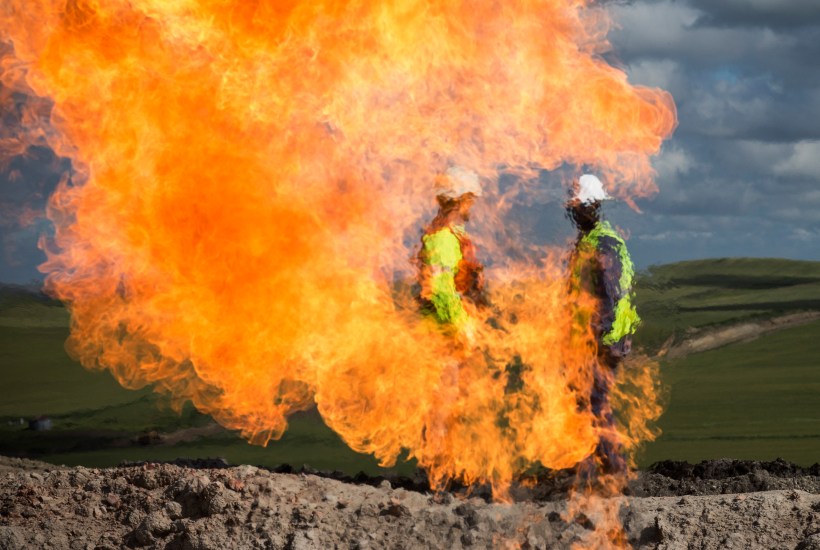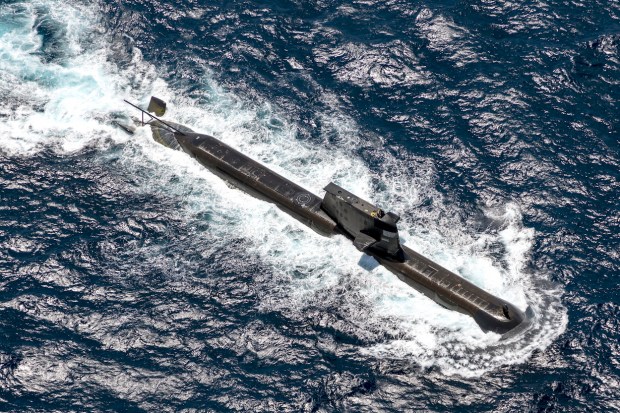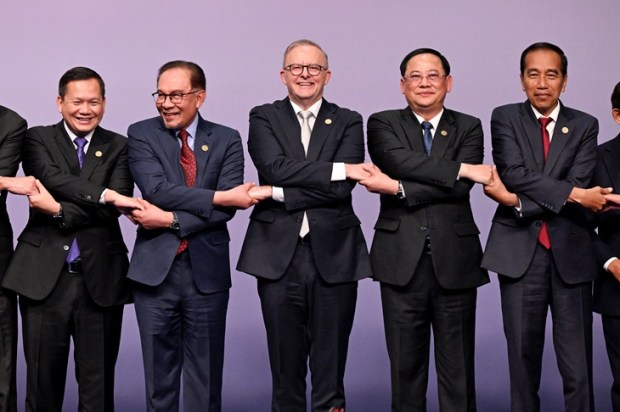For far too long, governments in Australia have treated the issue of liberalising gas extraction like a hot potato – sensing the benefits, but not wanting to touch it for fear of political poison. In truth, embracing natural gas reform at the earliest opportunity means reaping great benefits for local communities, households and the Australian economy.
Australia has an estimated 3,921 billion cubic metres of natural gas reserves, 20 per cent of which is commercially proven – the world’s tenth largest reserves. We also have some of the world’s strictest hydraulic fracking regulations. Victoria has fully banned fracking, while Queensland has banned underground coal gasification. NSW revoked its blanket fracking bad in 2012, but maintains strict constraints such as CSG exclusion zones and prohibitions on BTEX chemicals as additives in fracking and drilling activities.
Critics argue that natural gas extraction threatens human health through the risk of contaminating local water supplies which could affect drinking water and the crops relying upon this water. However, this risk is actually quite low as it is highly unlikely that any well-run drilling operations would create cracks that could allow chemicals to reach relatively shallow aquifers and surface water supplies.
The drilling process involves extracting gas from thousands of feet below the ground. Drinking water is located at a much higher level underground. In any case, reasonable and objective environmental assessments, as opposed to blanket prohibitions, can ensure that projects which pose a genuine threat to water resources or private property rights of farmers and land owners do not go ahead.
Natural gas reform is important for a resource-rich Australia in the twenty-first century. Reliance on natural gas for energy rather than coal offers health benefits as less harmful particles are released into the air. As a result, nitrogen oxide and sulphur dioxide emissions from coal-fired power plants would decrease dramatically, leading to cleaner air quality in Australia.
Natural gas also has a significantly lower carbon footprint than coal. Water intensity is also much lower for fracking than other fossil fuels, with coal using two times more water per energy unit, oil extraction using 10 times more water per energy unit, and corn ethanol could use up to 1000 times more water if the plants are irrigated.
Australia is geologicalically stable, meaning that concerns that fracking wells may alter geology and lead to earthquakes are not applicable. In any case, there have been no recorded incidents in the world where seismic effects have been a direct result of drilling. In fact, a Yale University study revealed that the economic merits of fracking outweigh the costs by a whopping 400 to 1 ratio. Communities located near natural gas extraction projects derive far greater benefits from these projects than any costs to the environment and public health. In addition to cheap energy, these benefits include quality jobs, economic stimulus to regional areas and more resources which could be deployed to fund roads, local schools and sporting facilities.
Unlocking natural gas supplies by increasing extraction will enable the market to meet the demands of Australians and bring down gas prices. In sharp contrast to rising oil prices, natural gas is becoming cheaper due to its abundance. The United States and Russia have both experienced electricity price declines due to the availability of abundant natural gas supplies, allowing these nations to become leading exporters of the product without making it expensive for local consumers the way it is in Australia.
Demand for liquefied natural gas (LNG) in Asia continues to grow astronomically, which can be seen by a 48 per cent increase in China’s LNG imports in 2017 – driven largely by government regulations to switch from coal energy to gas in order to cut air pollution in China. Japan remains the biggest purchaser of Australian LNG. Australia benefits economically from this growing demand as it generates high paying jobs and government revenue for many years to come.
However, with Australia’s current natural gas extraction rates, demand may outstrip supply within five years. If operations are not expanded, other LNG exporting nations such as Russia, Qatar and the United States will capture a larger share of the LNG market in Asia and undercut our natural advantage of abundant natural gas reserves and geographic proximity to our major trading partners.
The Northern Territory has recently overturned its ban on fracking while maintaining appropriate regulations to protect water supplies and treatment of wastewater. Our state and federal governments must seize upon this opportunity to open up more natural gas reserves for extraction.
More jobs for local communities, lower power bills for Australian families and businesses, and establishing ourselves as the preeminent gas exporters in the world – what’s not to like?
David Yao is a Research Associate at the Australian Taxpayers’ Alliance.
Got something to add? Join the discussion and comment below.
Got something to add? Join the discussion and comment below.
Get 10 issues for just $10
Subscribe to The Spectator Australia today for the next 10 magazine issues, plus full online access, for just $10.
You might disagree with half of it, but you’ll enjoy reading all of it. Try your first month for free, then just $2 a week for the remainder of your first year.


























Comments
Don't miss out
Join the conversation with other Spectator Australia readers. Subscribe to leave a comment.
SUBSCRIBEAlready a subscriber? Log in